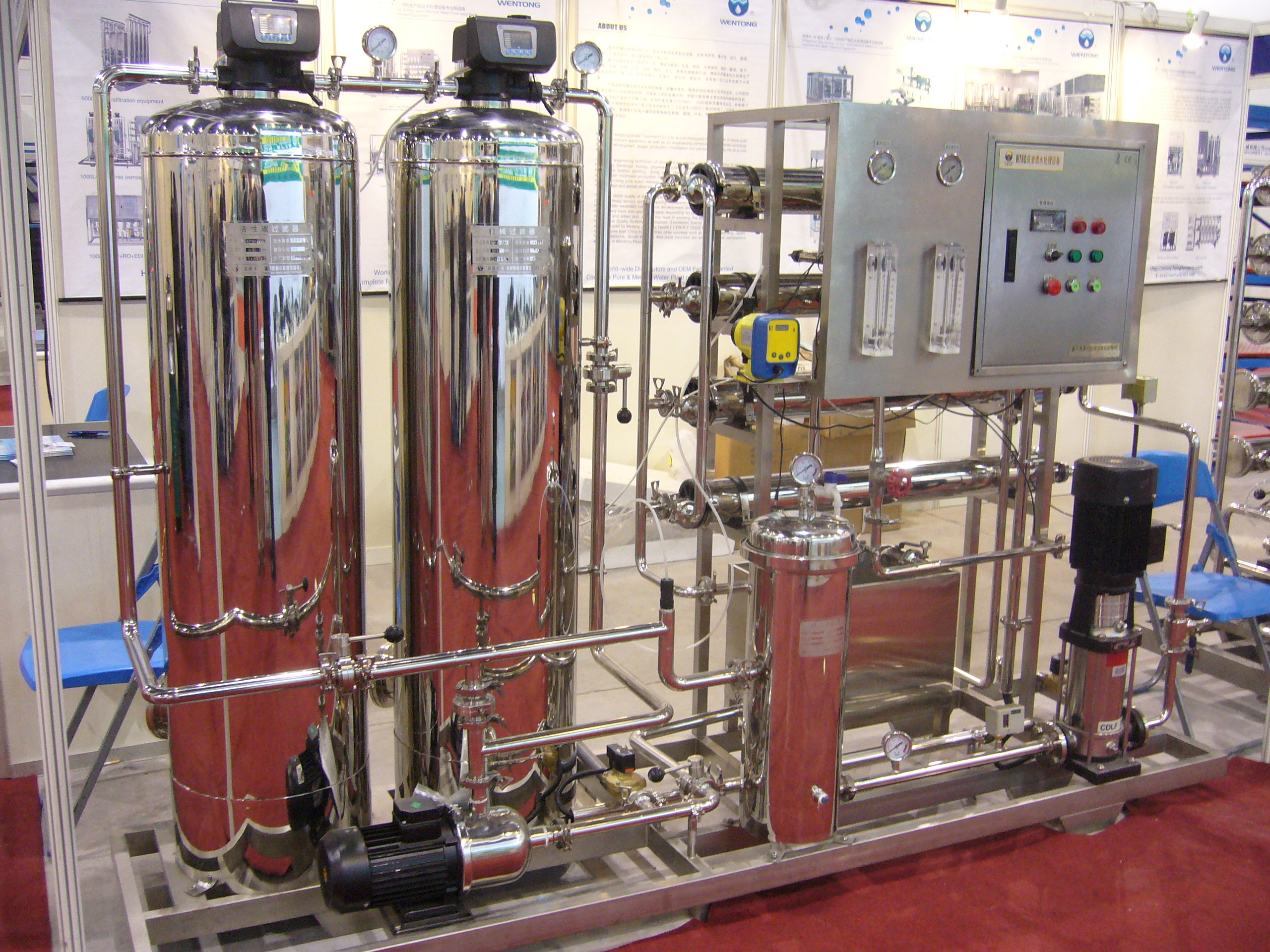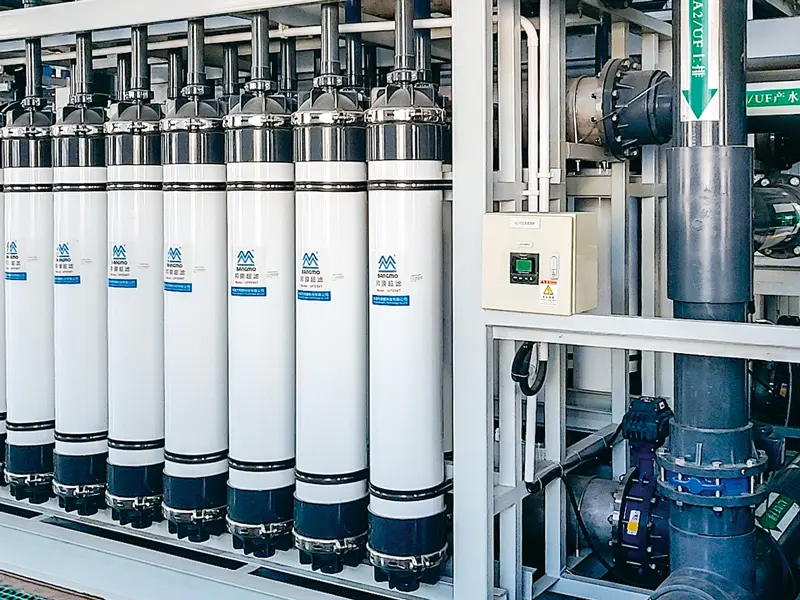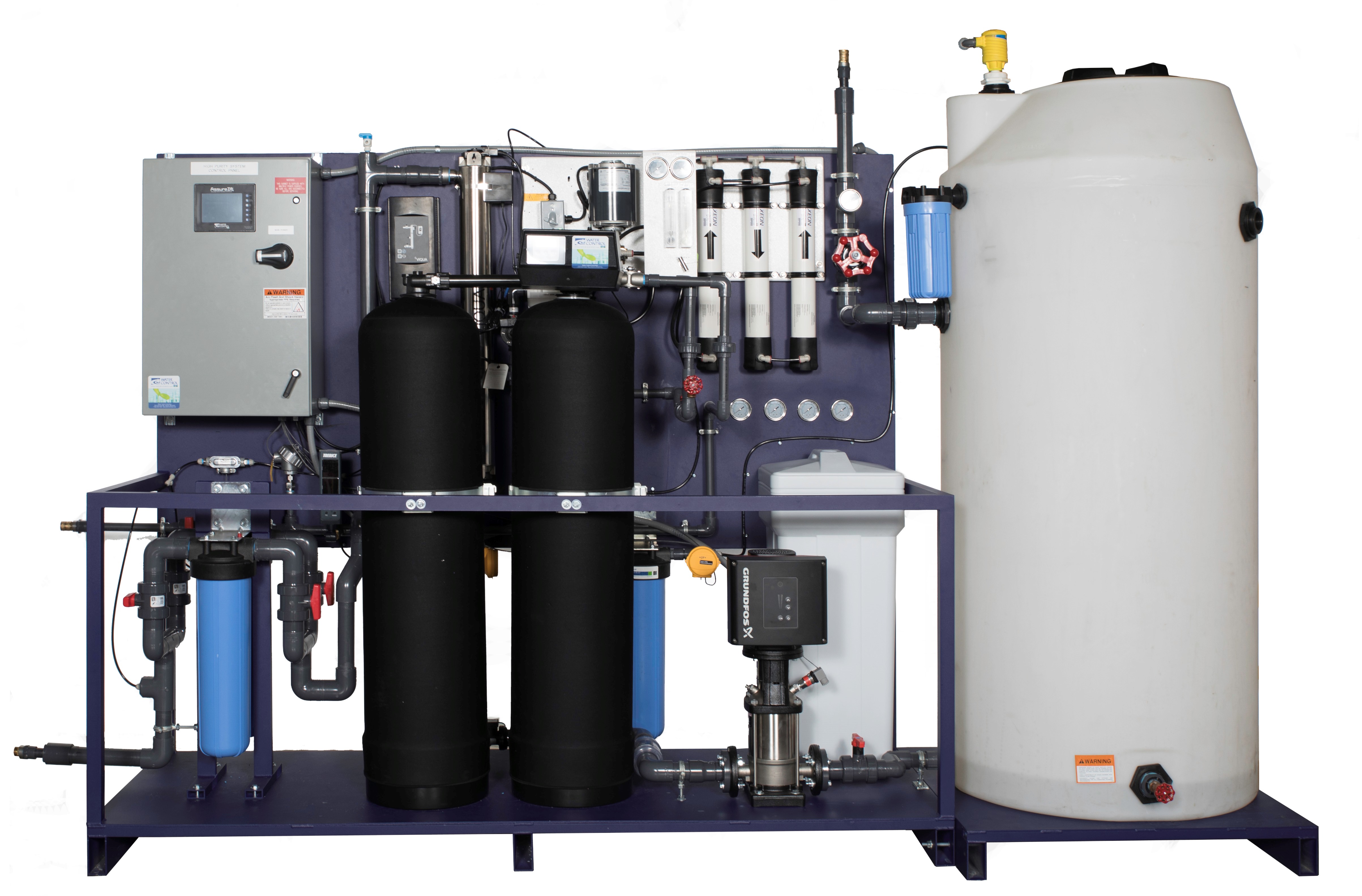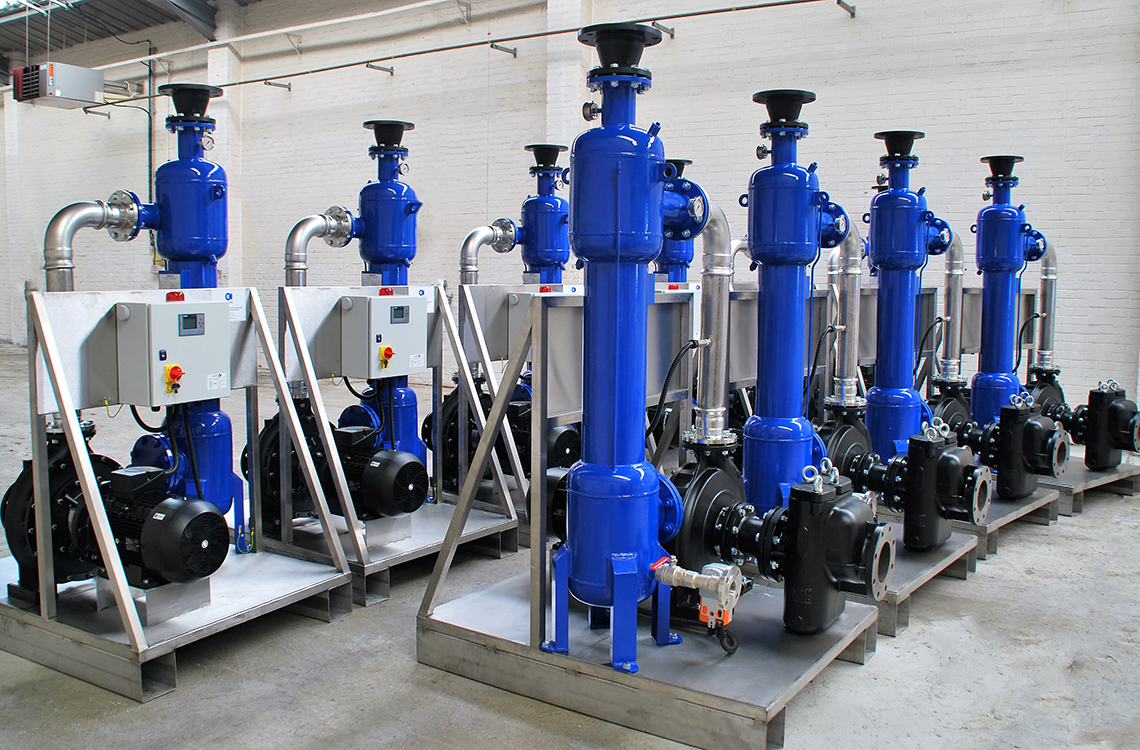What is the difference between water treatment and water purification systems?
Water treatment and water purification are critical processes in ensuring safe water quality and providing clean drinking water. While they are similar in some ways, there are also some key differences. Let’s dive into the meaning and differences between these two concepts.
The meaning of water treatment
First, let’s understand what water treatment means. Water treatment is the process of treating water to change its properties, purify its components, or make it suitable for a specific use. The goal of water treatment is to improve water quality by removing pollutants, adjusting water pH, disinfecting and other means to meet different water needs.

The meaning of water purification
Compared to water treatment, water purification focuses more on removing contaminants from water, bringing it to a level of purity that meets specific standards. Water purification systems usually use various filtration, membrane separation, chemical treatment and other technologies to remove impurities, bacteria, viruses and other harmful substances in the water, thereby providing clean and safe drinking water.
The difference between water treatment and purification
Although water treatment and water purification overlap in some ways, their focus and goals are slightly different. Water treatment is more extensive and includes various treatments for water to meet different water needs, while water purification is more focused on removing contaminants from water to provide pure drinking water.

How does a water purification system work?
Water purification systems remove various pollutants in water through various technical means such as physical processes, membrane separation, and chemical treatments to provide clean and safe drinking water.
1. Filter
How a water purification system works usually involves a filtration process. During the filtration process, water passes through a series of filter media with different pore sizes, such as sand, activated carbon or ceramic membranes, to remove suspended particles, sediment and other large pollutants in the water.
2. Membrane separation
In addition to filtration, water purification systems can also employ membrane separation technology. Membrane separation is a process that uses a semipermeable membrane to separate dissolved substances in water from water. Common membrane separation technologies include reverse osmosis, nanofiltration, and ultrafiltration.
3. Chemical treatment
In addition to physical processes, water purification systems may also use chemical treatment methods, such as chlorine disinfection, adding flocculants and disinfectants, to remove bacteria, viruses and other microorganisms in the water.

How does water treatment equipment deal with different water quality problems?
For different water quality problems, water treatment equipment can use a variety of different technical means, such as filtration, ion exchange, membrane separation and chemical treatment, to ensure that water quality meets standard requirements and meets people's various water needs.
1. Suspended particle treatment
For the problem of suspended particles in water, water treatment equipment usually uses filtration technology, such as sand filters, multi-media filters or granular activated carbon filters, to remove suspended particles and sediment from the water.
2. Heavy metal removal
To address the problem of heavy metal pollution in water, water treatment equipment can use ion exchange resin, reverse osmosis membrane and other technologies to remove heavy metal ions in the water and improve water quality.
3. Bacterial and virus disinfection
For microbial contamination problems such as bacteria and viruses in water, water treatment equipment usually uses disinfection technology, such as ultraviolet sterilizers, ozone generators or chlorine disinfection, to kill bacteria, viruses and other microorganisms in the water.

How to choose the right water treatment or water purification system according to your needs?
It is crucial to select the appropriate water treatment or water purification system based on water quality, usage scenarios and needs. By considering a variety of factors, you can find the system that best suits your needs and provides clean, safe water.
First, water quality needs to be considered. If your water source is of poor quality and contains high levels of impurities and contaminants, it may be more important to choose a water purification system that can effectively remove these contaminants. On the other hand, if the water quality is relatively good and only simple treatment is needed, then it may be more appropriate to choose a suitable water treatment system.
Secondly, the usage scenarios and requirements need to be considered. Different usage scenarios and requirements may require different types of processing systems. For example, in a domestic use scenario, the safety and purity of water quality may be more concerned; in an industrial or commercial use scenario, treatment efficiency and cost-effectiveness may be more concerned.
In addition, the operating and maintenance costs of the system also need to be considered. Choosing a system with low operating costs and easy maintenance can help reduce long-term operating costs and improve the economy and sustainability of the system.






